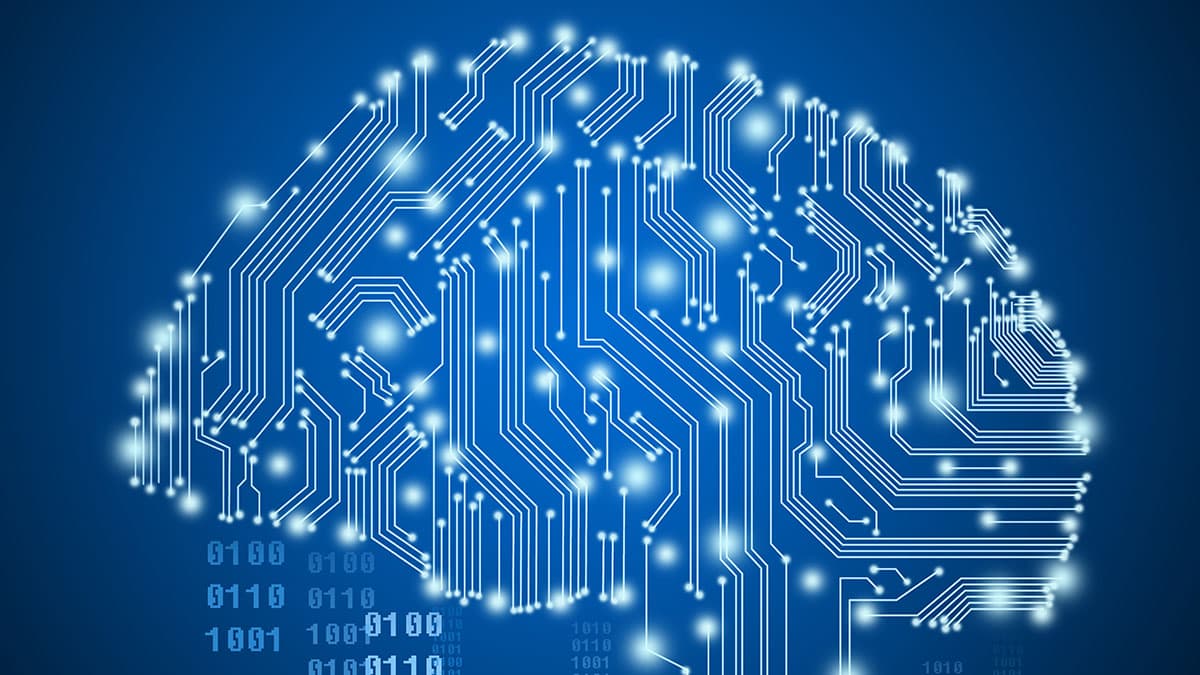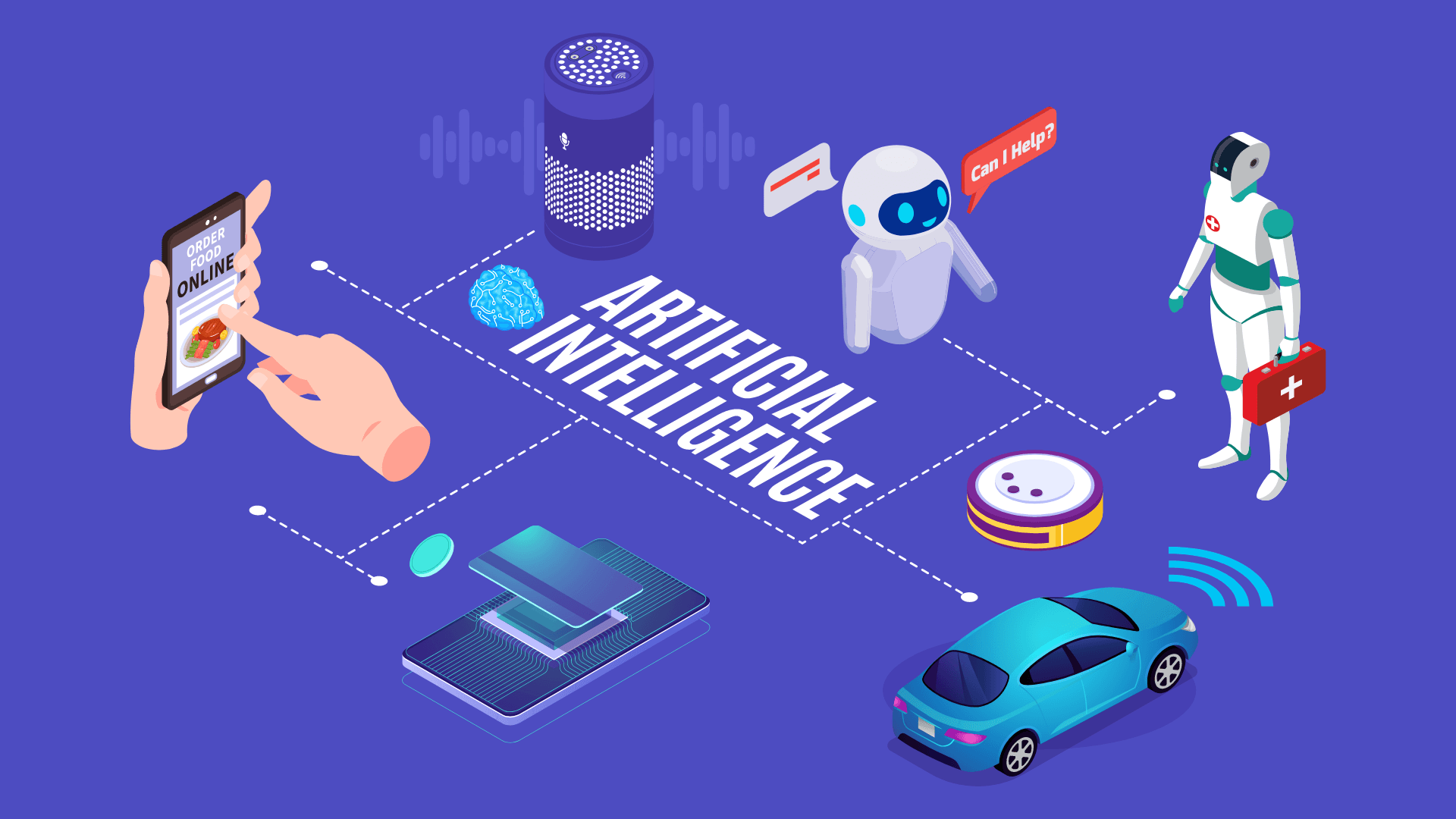Machine Learning: The Backbone of Modern Intelligent Systems
Introduction
Machine Learning has emerged as a critical technology driving innovation across global industries, enabling systems to learn, adapt, and improve autonomously without explicit human programming. This revolutionary approach represents a fundamental shift in how we develop intelligent technological solutions.
Understanding Machine Learning
Core Principles of Intelligent Systems
Machine Learning algorithms represent a sophisticated approach to data analysis, enabling computer systems to identify patterns, make predictions, and enhance their performance through experience. Unlike traditional programming, these systems improve their accuracy and efficiency as they process more information.
Types of Machine Learning
1. Supervised Learning
A paradigm where algorithms learn from labeled training data, making predictions or decisions based on historical information:
- Predictive modeling for complex scenarios
- Classification algorithms for pattern recognition
- Regression analysis for trend forecasting
- Advanced fraud detection systems
2. Unsupervised Learning
Techniques that discover hidden patterns in unlabeled datasets without predefined outcomes:
- Advanced clustering techniques
- Complex anomaly detection mechanisms
- Sophisticated customer segmentation strategies
- Innovative pattern recognition approaches
3. Reinforcement Learning
An adaptive learning approach where systems improve through interaction and feedback:
- Autonomous robotics development
- Advanced game strategy creation
- Complex navigation system optimization
- Dynamic decision-making scenario modeling
Real-World Applications
Smart Technologies
Machine Learning drives innovation across multiple domains:
- Personalized recommendation engines
- Predictive maintenance in industrial settings
- Intelligent home and business automation
- Advanced security and fraud detection systems
Business Intelligence
Transforming strategic decision-making processes:
- Precise demand forecasting
- Advanced customer behavior prediction
- Supply chain optimization strategies
- Comprehensive risk management approaches
Challenges and Opportunities
Current Technological Limitations
- Ensuring consistently high-quality training data
- Managing complex computational resource requirements
- Mitigating potential algorithmic biases
- Improving model interpretability and transparency
Emerging Solutions
- Enhanced data preprocessing techniques
- More efficient and adaptive algorithms
- Increased computational power
- Interdisciplinary research and collaboration
Future Outlook
Predicted Technological Developments
- More adaptive and self-learning systems
- Enhanced model interpretability
- Reduced computational complexity
- Broader practical applications across industries
Conclusion
Machine Learning represents a transformative technology bridging human intelligence with computational capabilities, promising unprecedented innovation and problem-solving potential that will continue to reshape our technological landscape.
Key Insights
- Diverse learning methodologies drive technological innovation
- Continuous technological evolution is inevitable
- Machine Learning provides solutions to complex challenges
- Interdisciplinary approaches are crucial for advancement


